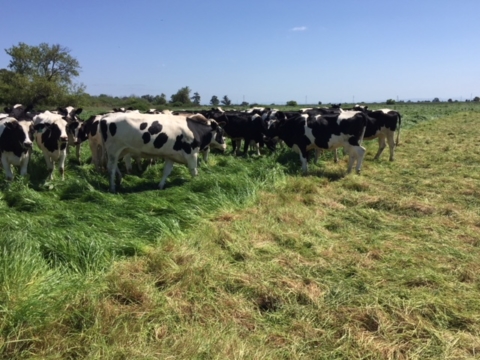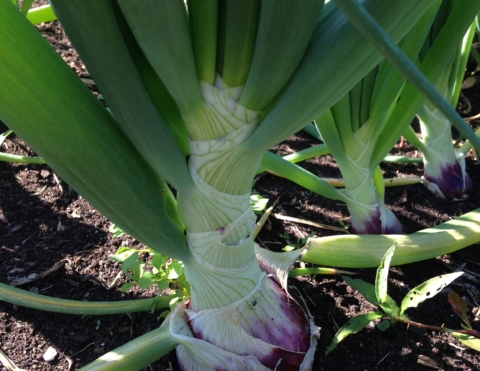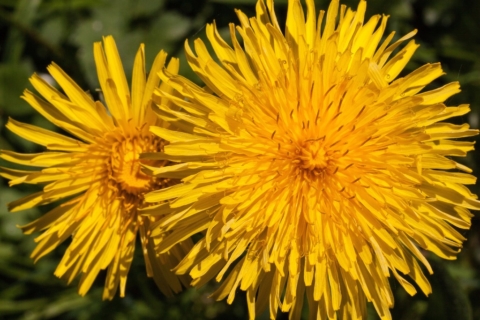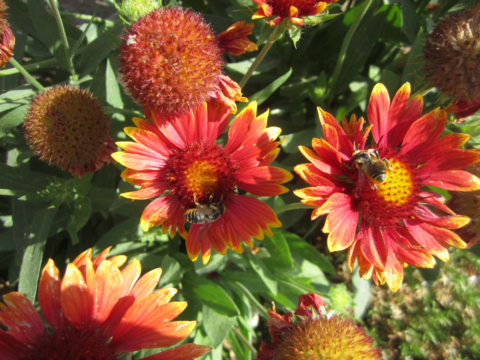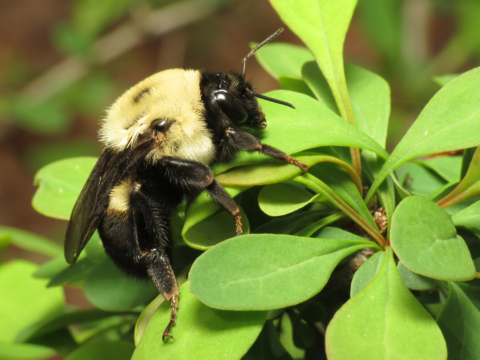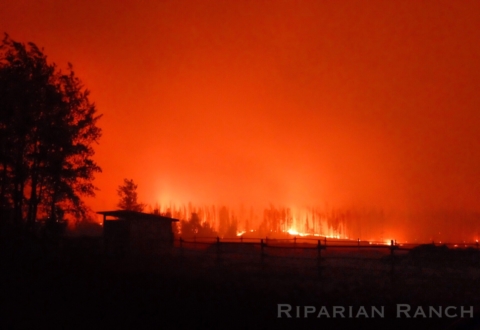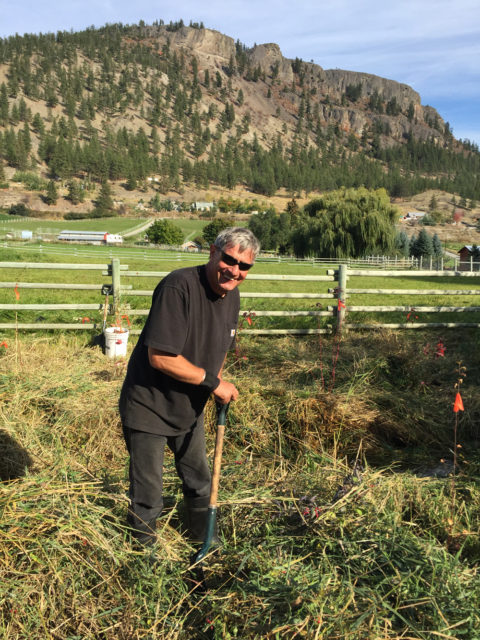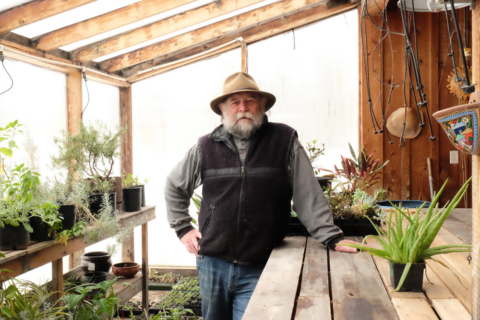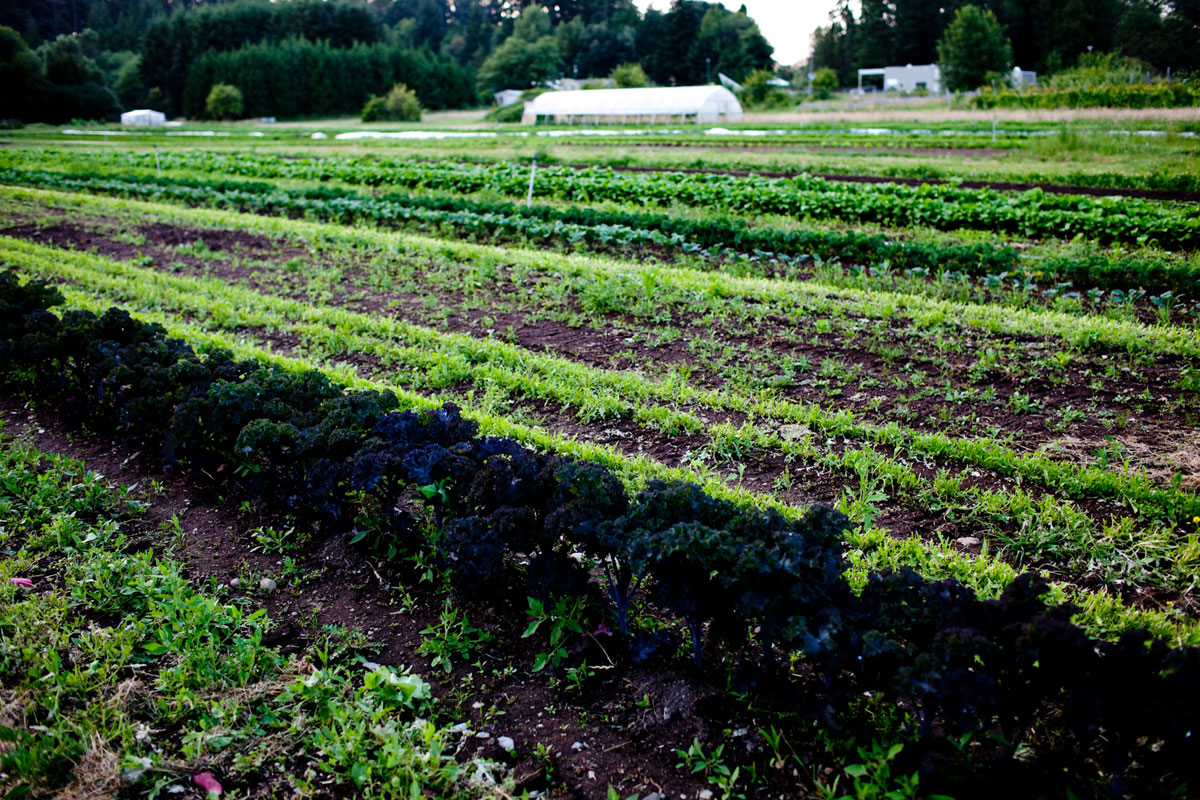
Organic Stories: UBC Farm, Vancouver, BC
Cultivating Climate Resilience in a Living Laboratory Constance Wylie Surrounded by forest and sea, the University of British Columbia is a quick 30 minute bus ride west of downtown Vancouver. A city unto itself, more than 55,800 students and close to 15,000 faculty and staff study, work, live, and play there. A small but growing… Keep Reading


